TENTATIVE: Pending funds.
See the full DIGI-FI@PEARC program description
Agenda
8:30 – 9:00 a.m.: Welcome Elizabeth Leake (STEM-Trek) & Alana Romanella (Virginia Tech)

 Elizabeth Leake (left) is the Founder and Director of STEM-Trek Nonprofit.
Elizabeth Leake (left) is the Founder and Director of STEM-Trek Nonprofit.
Alana Romanella (right) is the Assistant Director of Development and Fiscal Administration in the Advanced Research Computing division at Virginia Polytechnic Institute and State University.
Romanella and Leake have co-facilitated a number of workshops and conference committees together, including the PEARC17 student program. Romanella serves as a STEM-Trek adviser, reviewer and mentor, and oversees delegate “pay-it-forward” proposals. In addition to her volunteer work for STEM-Trek, Romanella is the Diversity Chair for PEARC18, was chair of PEARC17 Student Program, chair of XSEDE16 Workforce Development and Diversity (WDD), co-chair of XSEDE 15 Conference Training, Education and Outreach Services (TEOS), and serves the Virginia Tech research community as an XSEDE Campus Champion.
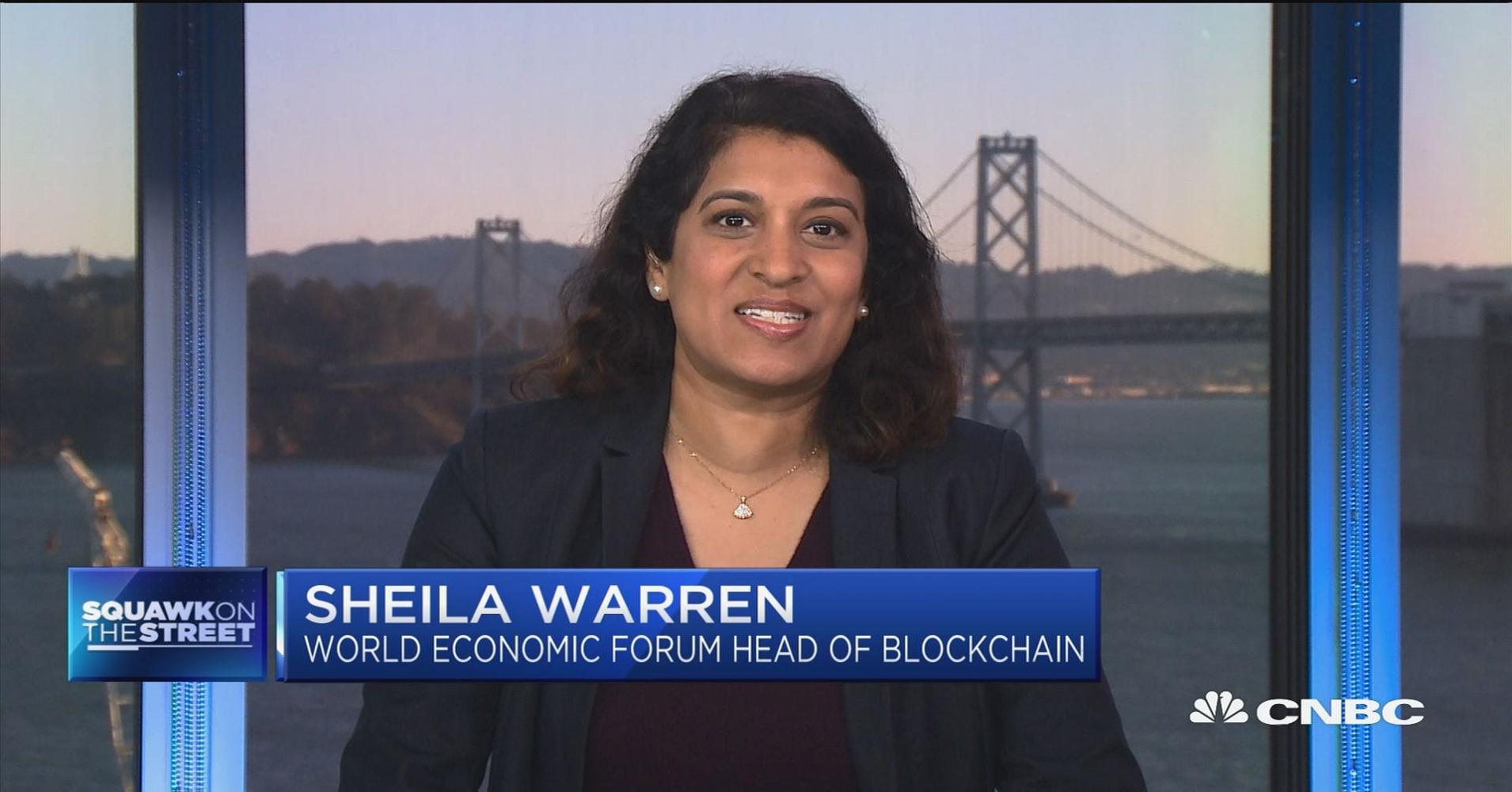 9:00 – 9:20 a.m. INVITED: Sheila Warren (World Economic Forum),
9:00 – 9:20 a.m. INVITED: Sheila Warren (World Economic Forum),
Blockchain for social good and systemic inclusion
“Warren began her career as a Wall Street attorney before turning to philanthropy and nonprofit tech over a decade ago. She has represented banks, philanthropists, and progressive nonprofits, and she most recently served as the VP of Strategic Alliances and General Counsel of TechSoup, the global social enterprise that has connected civil society organizations around the world with over $9B in donated tech-based resources.
Warren previously designed and launched NGOsource, a groundbreaking service focused on international grant-making, and created a blockchain-backed registry for non-profit organizations around the world. She now heads the Blockchain and Distributed Ledger Technology team at the World Economic Forum. Sheila is a graduate of Harvard College and Harvard Law School,” according to CrunchBase.
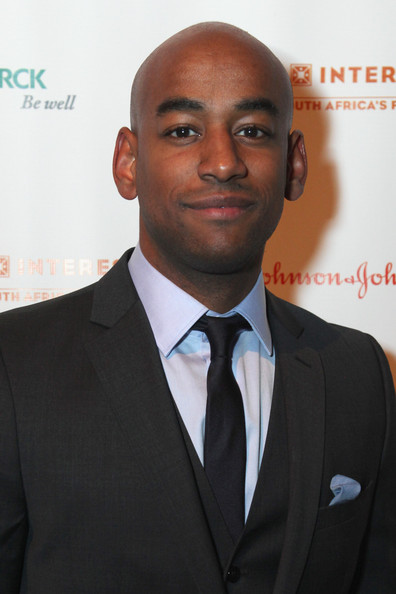 9:20 – 9:40 a.m. INVITED: Jehiel Oliver (HelloTractor).
9:20 – 9:40 a.m. INVITED: Jehiel Oliver (HelloTractor).
Oliver manages “Hello Tractor,” an agricultural technology company that, by employing blockchain technology, connects tractor owners with smallholder farmers who need tractor services. He has been honored with numerous awards for his work in social entrepreneurship including being recognized by Foreign Policy Magazine as a Top 100 Global Thinker for 2016.
Oliver was appointed under the Obama Administration to serve two years as a member of the President’s Advisory Council on Doing Business in Africa, where he currently chairs the technology subcommittee. Prior to Hello Tractor, Oliver worked in consulting and investment banking. Outside of work, Oliver remains active serving on the board of Shared Interest and H4H, both impact investment funds focused in sub-Saharan Africa.
9:40 – 10:00 a.m. Break
10:00 – 10:20 a.m. Beyond Bitcoin: What have we learned from first and second-generation cryptocurrencies?
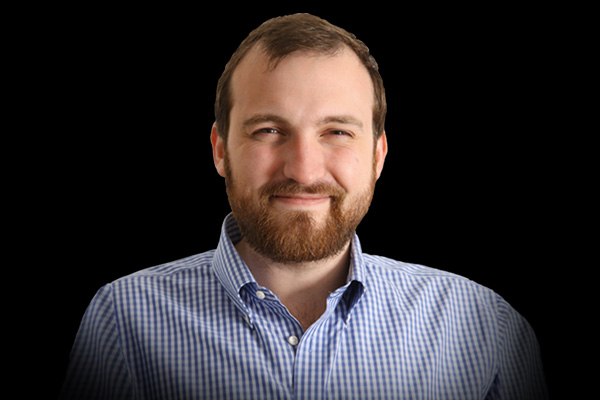 INVITED: Charles Hoskinson (IOHK)
INVITED: Charles Hoskinson (IOHK)
From the Input | Output website: Charles Hoskinson is a Colorado-based technology entrepreneur and mathematician. He attended Metropolitan State University of Denver and University of Colorado at Boulder to study Analytic Number Theory before moving into cryptography through industry exposure.
His professional experience includes founding three cryptocurrency related start-ups – Invictus Innovations, Ethereum and IOHK – and he has held a variety of colorful positions in the public and private sector. He was the founding chairman of the Bitcoin Foundation’s education committee and established the Cryptocurrency Research Group in September of 2013.
His current projects focus on education of cryptocurrency, evangelism of decentralization and making cryptographic tools easier to use for the mainstream. This includes leading the research, design and development of Cardano, a third-generation cryptocurrency that launched in September 2017.
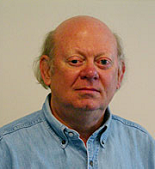
10:20 – 10:40 a.m. INVITED: John Day (Boston University/RINA).
Per Wikipedia, “John D. Day (Boston University) is a computer scientist, Internet pioneer and historian. He has been involved in the development of communication protocols of Internet and its predecessor, ARAPNET, since the 1970’s. He was active in the design of the OSI reference model, and contributed to research and development of network management systems, distributed databases, supercomputing and operating systems.
Day is the author of the 2008 book Patterns in Network Architecture: A Return to Fundamentals,[2][3][9] which gave rise to the Recursive Internetwork Architecture, and the RFC documents RFC 520, RFC 728, RFC 731, and RFC 732.” It’s possible that third-generation cryptocurrencies will leverage RINA, so that’s what Day will explain to participants; an introduction to RINA, and why it would help solve issues that prevent blockchain from scaling securely in all cases.
10:40 – 11:30 a.m. Clemson University TBD (hands-on; AI and blockchain; medical trials)
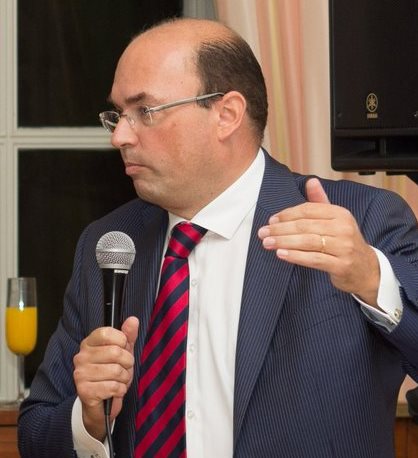 11:30 – 12:00 noon, INVITED: Economist Floris Kleemans (FOCAFET, Netherlands)
11:30 – 12:00 noon, INVITED: Economist Floris Kleemans (FOCAFET, Netherlands)
Tracking the physical with the virtual, product integrity and authenticity
Virtual end-points are easy to trace computationally, but crossing from the virtual to physical realms will require a “follow the product solution,” and that’s what Netherlands-based FOCAFET Foundation is developing.
With the moonshot goal of being 100 times more efficient and 1,000 times more secure than current methods, FOCAFET’s “virtual Internet of entities” employs a barcode that can’t be copied. Unique product attributes are recorded in blockchain ledgers. For example, it might record a seed’s genetic makeup or a product’s exact chemistry, and then follow it through each step of the supply chain until delivery, including where and how it was produced. It could also be used to track energy, or any other quantifiable commodity. Using a mobile device, the end-user scans the barcode, and the product’s authenticity and integrity is immediately verified before it’s used. The mobile app is light at the end-point, will accommodate a broad range of devices (considering that some in poorer regions use older hardware) and can be translated in 80 different languages. It seeks community feedback in an interest of continuous improvement, and will rely on a free and open use Internet protocol.
12:00 to 1:30 p.m. PEARC conference lunch, Grand Ballroom 2
 1:30 – 1:50 p.m. INVITED: U.S. National Science Foundation Cybersecurity: Anita Nikolich, 2014-2017 NSF Office of Advanced Cyberinfrastructure, Cybersecurity Program Officer.
1:30 – 1:50 p.m. INVITED: U.S. National Science Foundation Cybersecurity: Anita Nikolich, 2014-2017 NSF Office of Advanced Cyberinfrastructure, Cybersecurity Program Officer.
Nikolich will provide an overview of the types of blockchain and general cybersecurity projects Federal agencies such as NSF and DHS have supported, including a description of the “A-Z” examples of funded research, and research opportunities in the area of blockchain and cryptocurrency at the Federal and state levels.
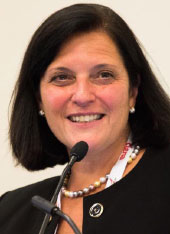 1:50 – 2:10 p.m. INVITED: Florence Hudson (IoT expert): Medical and pharmaceutical industries; Integrity of supplies, safety & privacy.
1:50 – 2:10 p.m. INVITED: Florence Hudson (IoT expert): Medical and pharmaceutical industries; Integrity of supplies, safety & privacy.
Hudson is an experienced senior executive business and technical leader and independent board director, with expertise in creating and evolving innovation communities for new growth with world changing innovations. Prior to her role as Senior Vice President and Chief Innovation Officer for the research and education focused not-for-profit Internet2, she held numerous executive leadership positions at IBM including IBM Vice President and Director of Corporate Strategy, Vice President of Marketing & Strategy for IBM System z mainframes globally, IBM executive-on-loan and IBM Vice President of Strategic Planning to the Society of Women Engineers, IBM Vice President and acting Chief Technology Officer for the IBM Global Industrial Sector. These led to Billions of dollars in new and sustained growth. Key architect of the Emerging Business Opportunities program at IBM. Prior to IBM, Hudson was at Hewlett Packard in technical sales support, and an aerospace engineer at Grumman Aerospace Corporation and NASA.
2:10-2:30 p.m. INVITED: Proventia Worldwide: Arno Kolster & S. Ryan Quick (description to follow).
2:30 – 3:00 p.m. PEARC break
3:00-5:30 p.m.: Security panel discussion with Hoskinson, Day, Warren, Broitman, Hudson, Nikolich, Clemson trainers, and others. Q&A about blockchain vulnerabilities (quantum threats, compliance challenges, policing).
